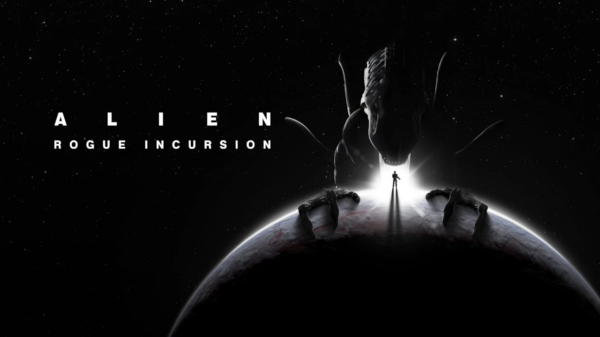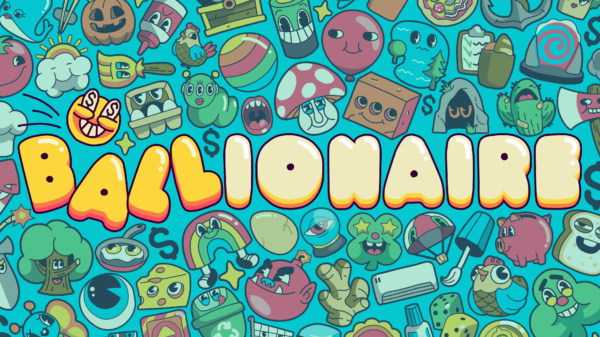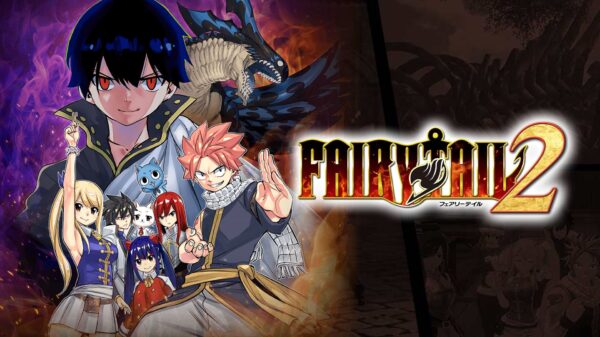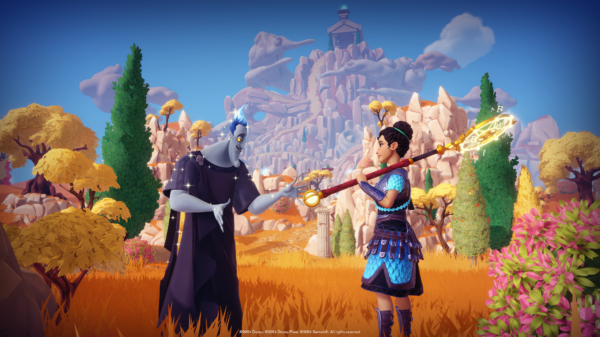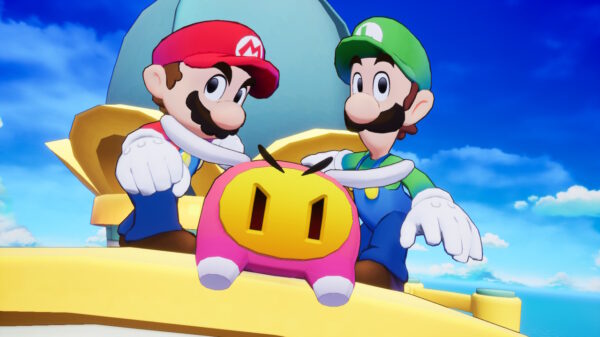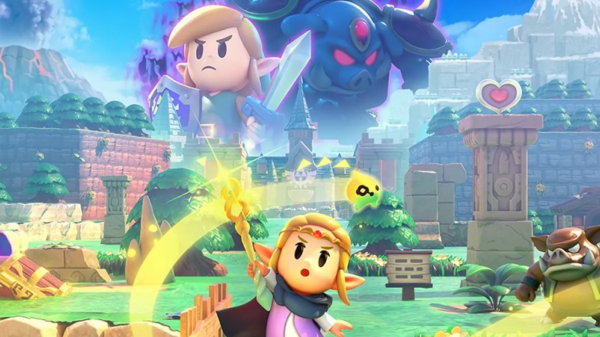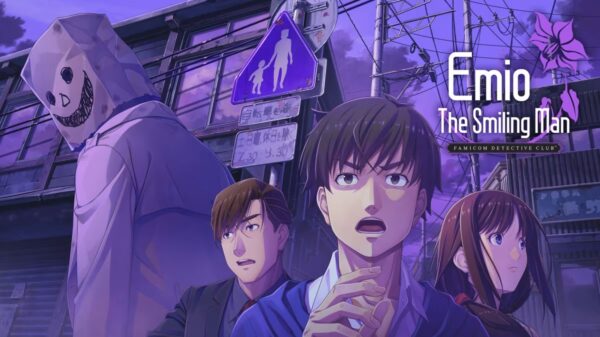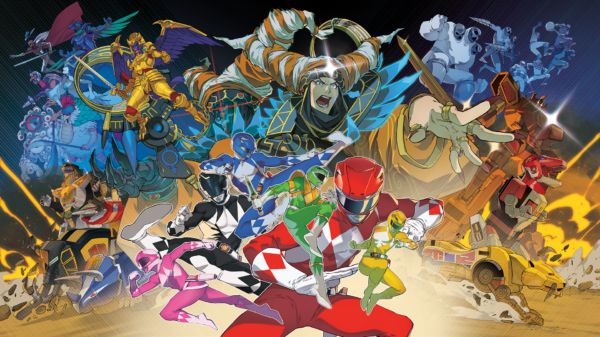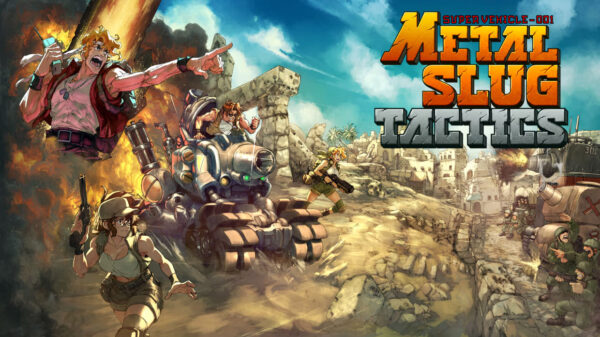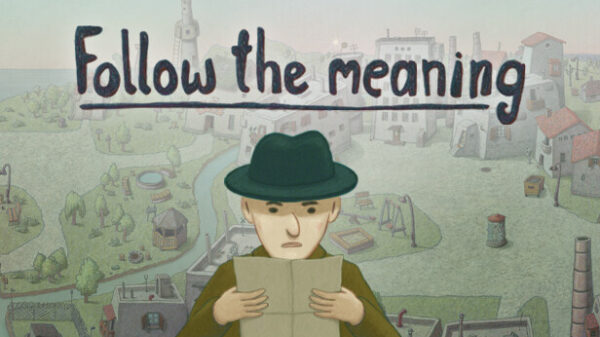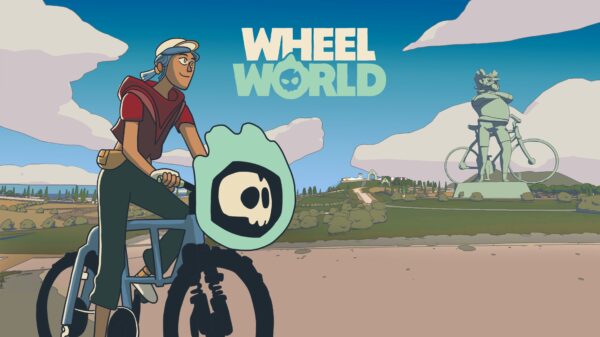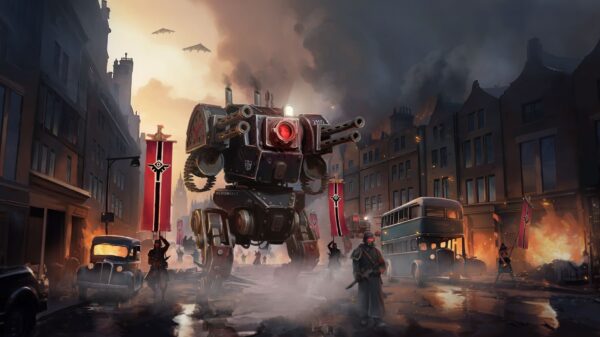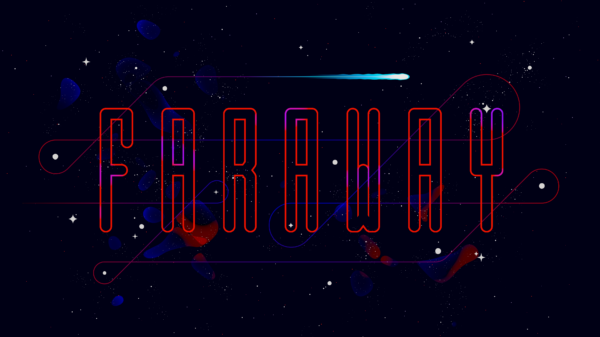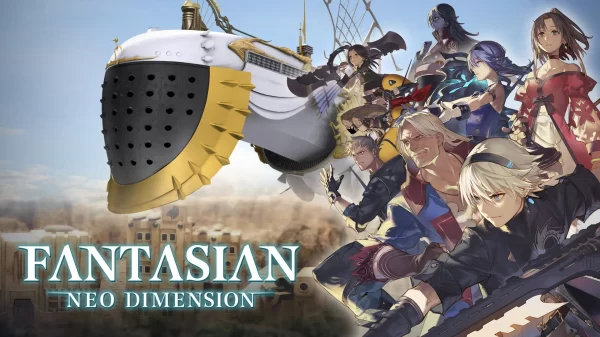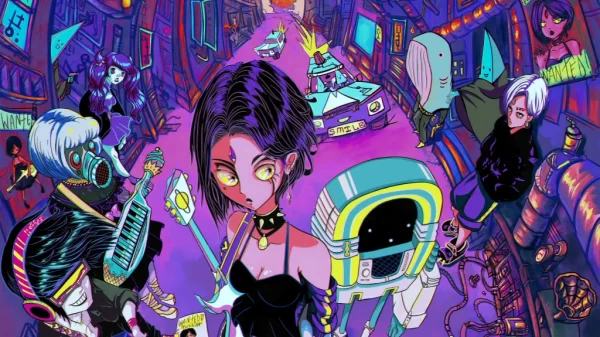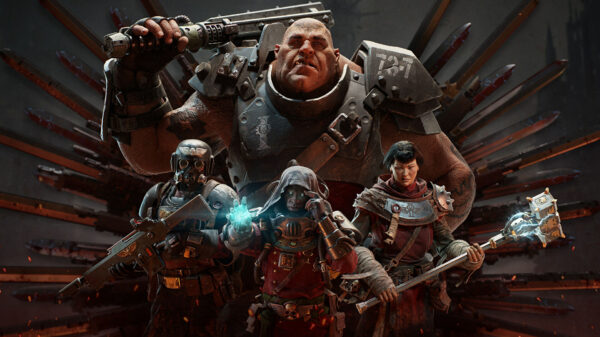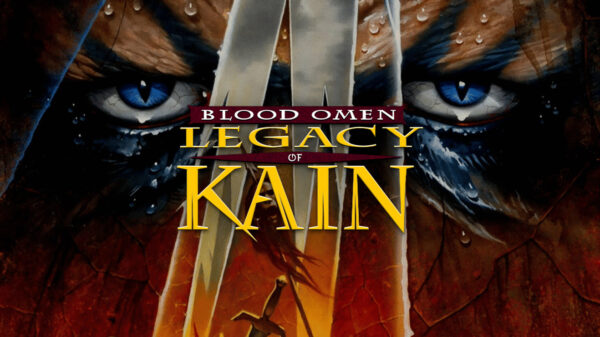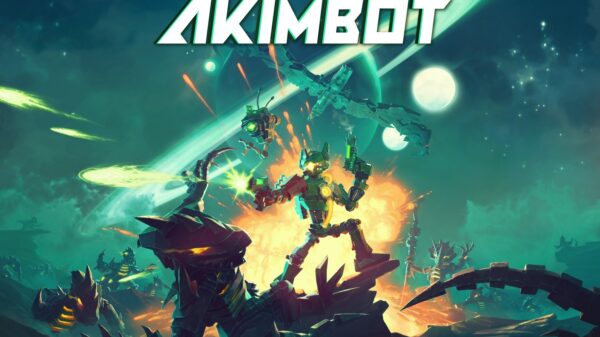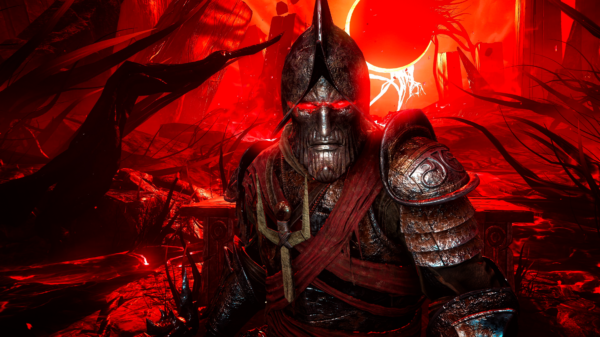Mike Dies is a novel game that is filled with both refreshing ideas and minor but frustrating issues. Though the gameplay can be buggy, and the story is clunky, Mike Dies mostly makes up for its shortcomings with its interesting mechanics and its variety in gameplay.
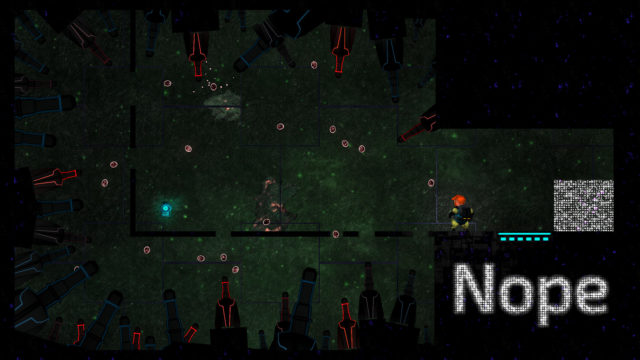
Mike Dies
Developer: Psydra Games
Price: $14.99
Platforms: PC (reviewed)
MonsterVine was provided with a PC code for review.
Mike Dies is a strange game. On one hand, its environment and visuals feel inspired by games like System Shock and Dead Space, as it’s a dark and somewhat lonely world that the titular Mike inhabits. On the other hand, the gameplay of Mike Dies feels heavily inspired by Portal and a variety of creative platformers once found on Newgrounds. It’s a strange combination, but it’s one that makes Mike Dies feel both nostalgic and new, if that makes sense.
The story of Mike Dies is weak and somewhat confusing. Mike is a guy who is tormented by nightmares, his own (literal) personal demon, and a big eyeball that really wants Mike dead. Mike’s only saving grace is the metallic angel that serves as both a checkpoint and as a voice of direction. There’s also a robotic rat-scorpion who hates humans, but he doesn’t really fit in with the other characters. The problem with the story is that it’s unnecessarily vague to the point of feeling somewhat pretentious. There are lots of lines with no context that sound deep, but seem to mean very little. For a lot of the game I neither knew nor cared about Mike’s personal journey, as Mike and his supporting cast simply aren’t interesting. Once in a while, sparks of potential appear when themes of anxiety and past regrets crop up, but these themes quickly fall victim to the vague tone that permeates Mike Dies.

Mike Dies truly shines in its gameplay, as it manages to make death both frustrating and almost inviting. To complete each screen/level, Mike must reach a specific glowing area of the stage. Standing in this area will teleport you to a new area, but only if you’re completely enveloped in it. Having a stray limb outside of the teleporter area will have you teleport away without that piece, killing Mike instantly. I like this idea lot, though I would frequently have a single foot outside of the area (unknowingly), which lead to some frustrating deaths. Nonetheless, being required to be completely in the teleportation area leads to some neat puzzles that can require near-perfect execution, which can be quite thrilling.
There’s a diverse collection of different mechanics throughout Mike Dies, each of which arrives just in time to keep the game fresh. Some areas will have reduced gravity that makes you rethink what gaps you can jump over. Other areas have invisible platforms that can be identified by how enemy attacks affect these platforms. My personal favorite has you control two Mikes at once. You have to kill one Mike in order to trigger switches by using his body parts; a macabre but intriguing solution to what would otherwise be a pretty standard puzzle. There’s a lot of creativity present in Mike Dies, and it’s well-paced for the most part.

My issue with Mike Dies’s gameplay comes from Mike himself. Imitating a trend that has taken many “realistic” games by storm, Mike is unable to immediately stop when running. It takes a short second for Mike to stop himself, meaning he always goes slightly further than intended. This probably sounds like a minor issue, but Mike Dies is a platformer that can sometimes require pixel-perfect platforming. Total control over your character is required for this sort of challenge, which makes this gameplay choice confusing. Losing control, even for less than a second, leads to numerous deaths that are technically beyond your control, which is the most frustrating thing you can find in a platformer.
Visually, Mike Dies has an alright sense of style. Mike seems a bit more detailed than most of the world around him, but his status as the main protagonist makes that acceptable for me. I kind of like the simplistic 3D models that characters like the demon and the angel have, as it’s strangely nostalgic. Mike Dies isn’t focused on realism or gorgeous visuals to begin with, so the simplistic models and more stylized areas are a-okay with me.

The voice acting in Mike Dies is hammy. This adds to the goofy lines a bit, but it also takes away from the serious nature that Mike Dies seems to aim for. The angel’s voice got very cheesy at times, while the mouse would often sound way too enthusiastic for the character it seemed to be going for. Mike himself is fine though, as is his big demon buddy.
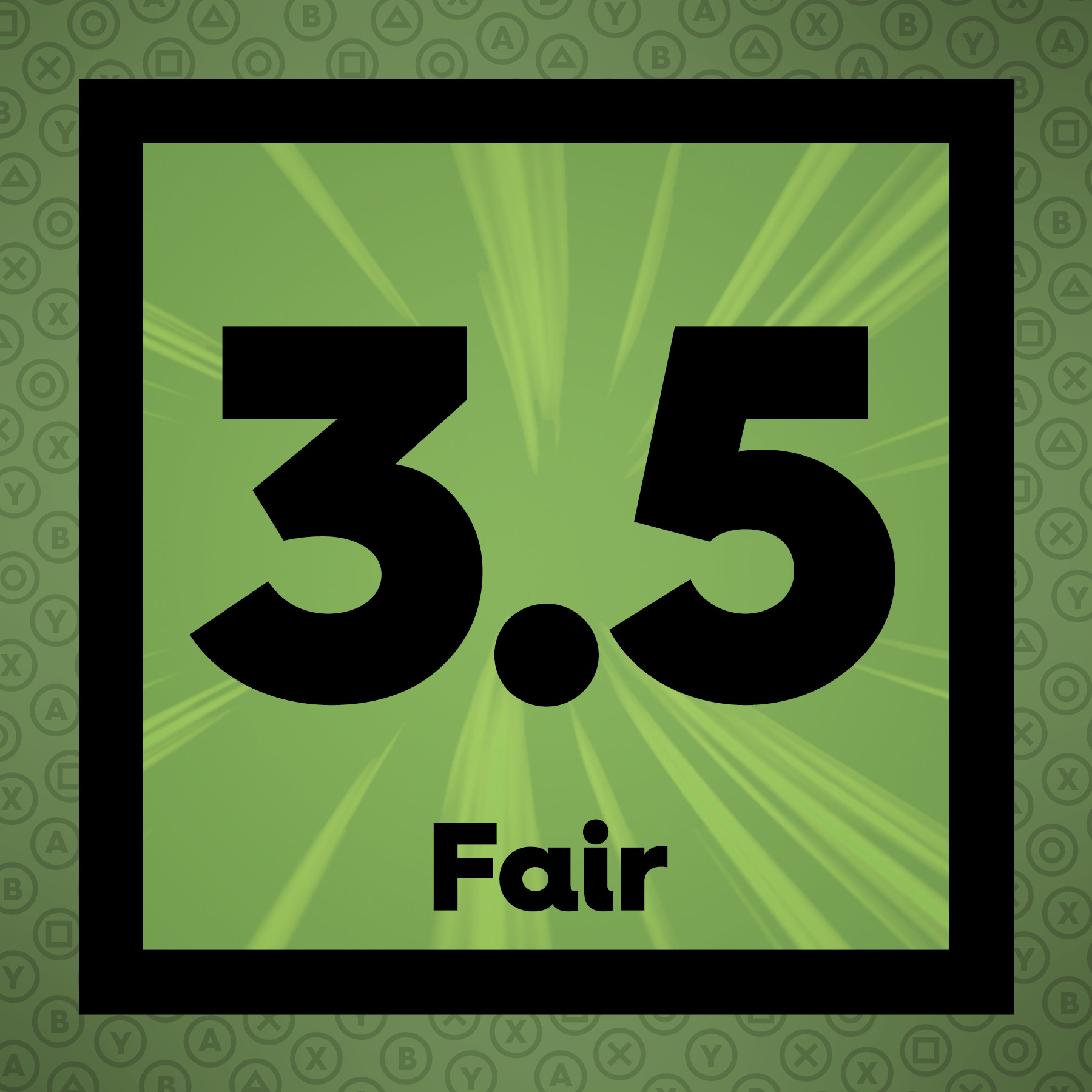 The Final Word
The Final Word
Mike Dies has some very enjoyable original ideas, though they’re often held back by the shortcomings of its story and some minor issues in its gameplay. Overall though, Mike Dies tries a lot of interesting things and provides a good deal of fun while doing it, so long as you can push through some bumps on the road.
– MonsterVine Review Score: 3.5 out of 5 – Fair


